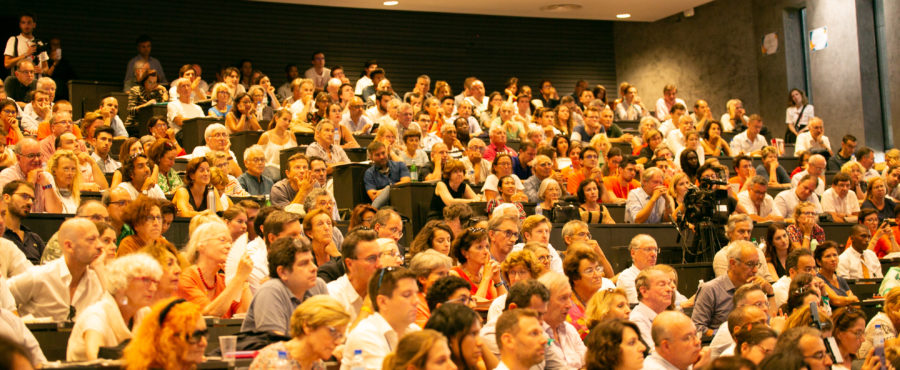7 Jul 2019
Have International Organisations Failed?
Session 36

Following the reunification of the Western and the Eastern blocs, the world believed in a lasting system of growth introduced at Bretton Woods. A system of international institutions regulating commercial trade and guaranteeing fair competition with the WTO, capital movements that enabled growth and development in the least advanced and emerging economies, principles of good investment conduct recognised by (almost) all and promoted by the OECD, a safety net provided in case of crisis by the IMF, and subsidised loans granted by the World Bank to make the least advanced countries grow.
Most powerful symbol of a successful economic integration ensuring peace and prosperity: the EU.
But the rapid growth of financial deregulation and considerable technological progress generating high capital and labour mobility have led to an increase in inequalities, the 2009 global financial crisis and the sovereign debt crisis.
Since, globalisation and technological development are perceived as a threat by a substantial part of the world population: nationalisms spread, rules of the multilateral institution game and the European integration model are called into question. Globalisation – the catalyst of innovation and a period of unprecedented growth – is in great danger. Multilateral institutions are jeopardised as they may become obsolete… or politicised to serve the “fittest”.
We will analyse whether this trend towards regionalisation and nationalisation is unavoidable. While the blame is at least shares, how can we explain the rejection of globalisation and the simultaneous hope that technology brings about? Is the failure of globalisation and governing institutions really the cause? How can we successfully include advanced and emerging countries into this governance? Shall we turn to more regional forms of integration and governance? Which topic could breathe new life into the idea of a “happy globalisation”?























































































